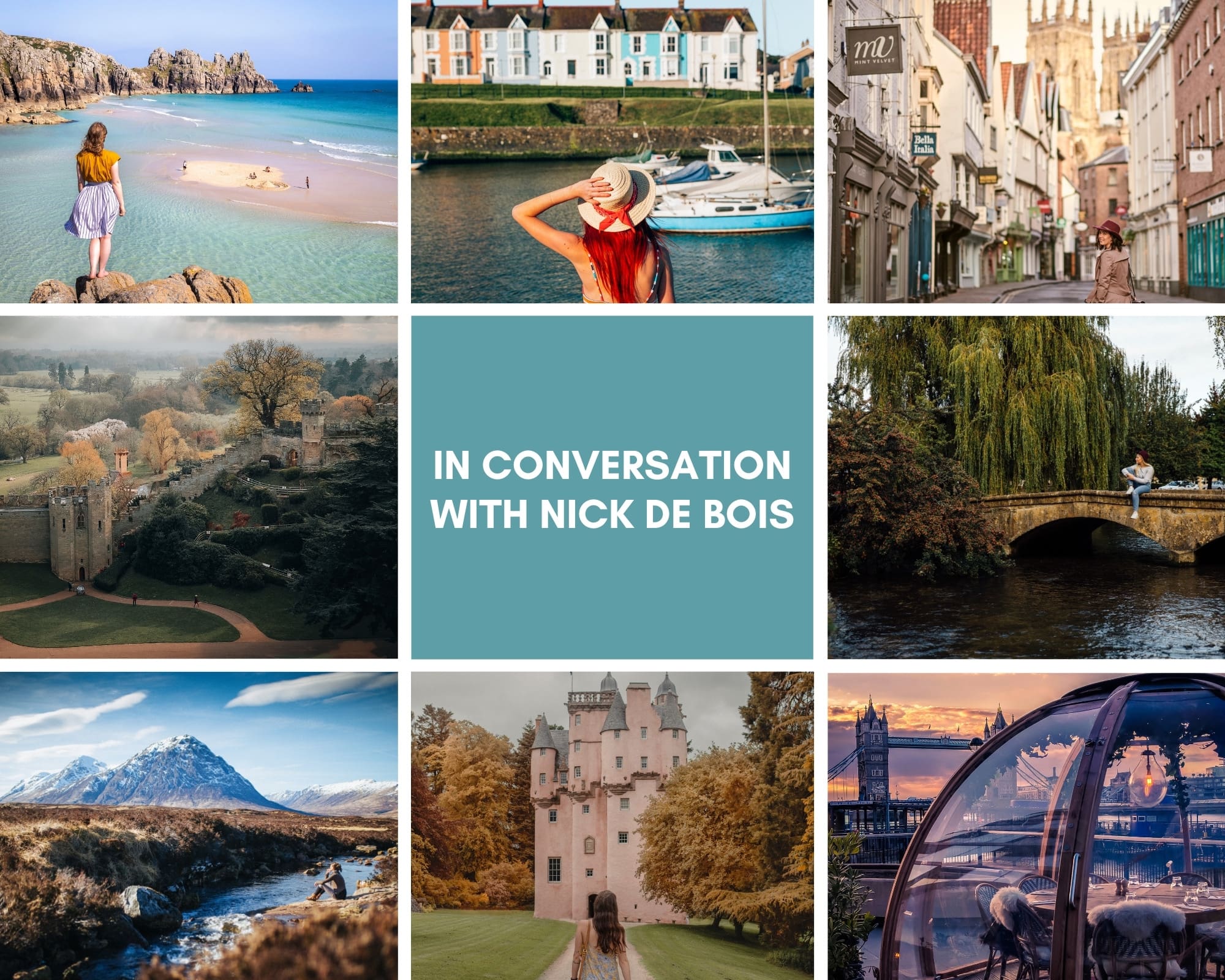
VisitBritain Chairman meets North American travel trade for dbna
TED DAVIS
During their recent North American travel trade event in San Francisco, VisitBritain tourism officials brought news that 2022 UK arrivals from Canada have bounced back from the pandemic doldrums, and have now exceeded 2019 Canadian arrivals by 3% — from 874,000 Canucks to 897,000. This growth is on track to hit a predicted 944,000 by the end of 2023.
VisitBritain also announced that the total spent by Canadians on UK holidays has increased impressively – from £734 million in 2019 to £934 million in 2022 – a 27% growth. Canadians are spending about £1,042 per visit, which is up by 24% over 2019, and staying an average of 11 nights per trip. That compares to an all-market average of eight nights.
Leading the travel trade mission in San Francisco earlier in the fall was Nick de Bois, the chairman of VisitBritain, who said, “We’re going to smash through that £1 billion mark. Our mission is to drive a thriving tourism industry and North America is a vital part of the recovery.”
During the 2023 Destination Britain North America travel trade event, de Bois took time to sit down with travel trade media from across the continent, including Baxter Media western Canada editor Ted Davis.
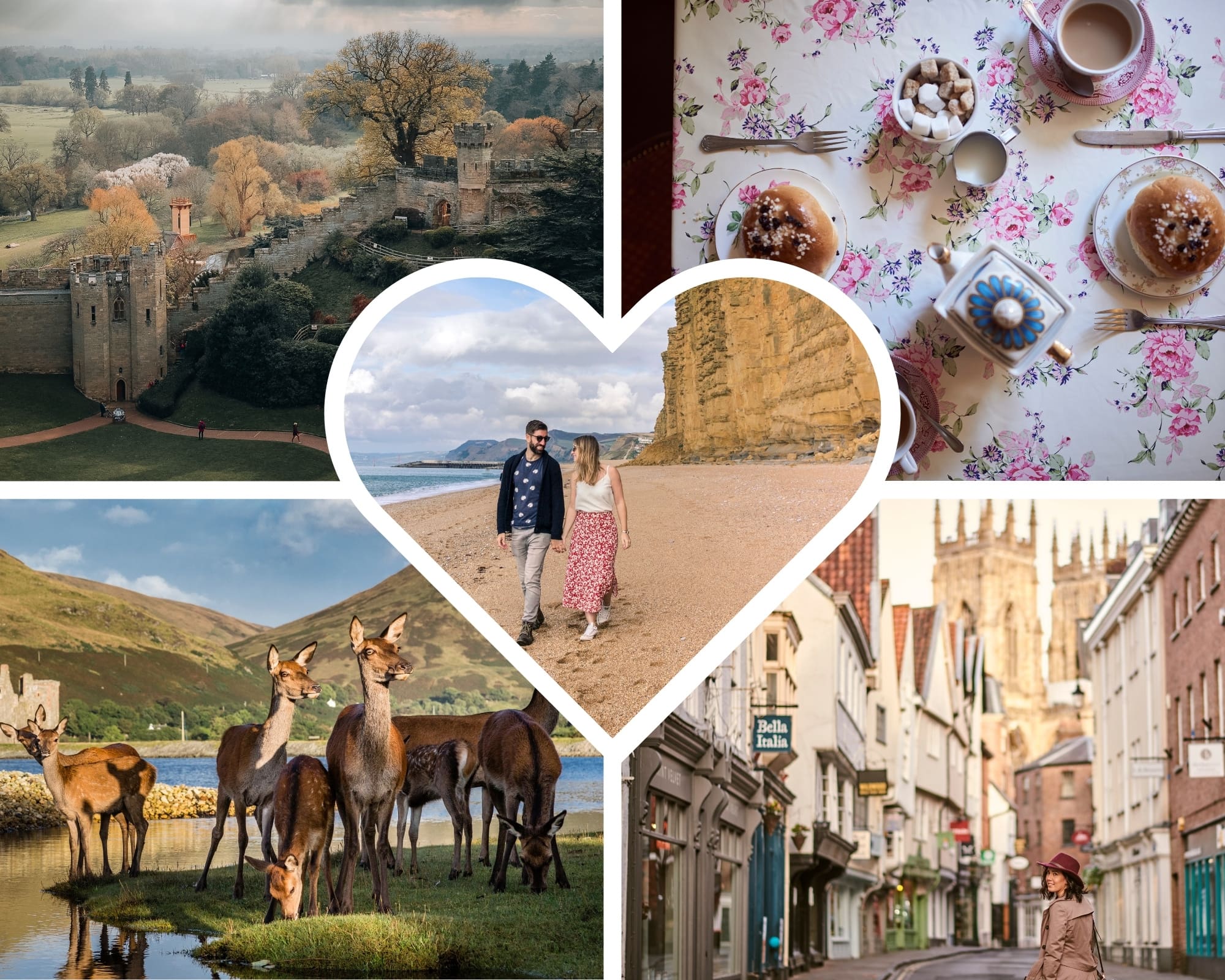
Can you describe the efforts to increase the diversity of tourism in Britain?
We are increasing the offer to visitors to explore more regions in the country, where there is an absolutely diverse offering – and diverse in every meaning of the word, including geography, culture, scenery, activities and more. And it is important to convey that these are all within a very short distance from each other. For example, wherever you are in the United Kingdom, you are no further than 76 miles (122 km.) from a coast land.
For example, this includes the stretch of coast land in Northumberland, in the northeastern side of the country. It has beautiful landscapes, and maybe just 4% of international visitors actually go there. There are lots of ways to boost the awareness of our diversity, ranging from the marketing efforts of tourism organizations to improving connectivity. Diversity will be one of the defining reasons that we are able to grow the UK tourism market from countries like Canada.
How is the visitor demand for sustainability connected to tourism diversity?
The time for sustainability has come, when something like two-thirds of travellers are now thinking about the impact of their travel in sustainable terms. Diversity and sustainability serve each other, as travellers choose to not go to the obvious hotspots and instead go to some of these other regions. So I think this idea of travelling to the other lesser known regions meets the goals of sustainable travel as well as diversity.

How is VisitBritain taking action on its goals?
This isn’t navel gazing, this isn’t about organization change, this is about getting our fundamentals right so that we have the ability to have a clear point of contact with potential visitors, and an ability to develop products and offerings that the consumer will understand. We are looking through the lens of the consumer, rather than a myriad of organizations representing whatever part of the country they wish to represent.
In the past, these various organizations were often competing rather than collaborating with each other. So now we are creating a much clearer, more accountable structure that will lead to a better product offering. The priority will be not “what can I develop for my town?” so much as “what can I develop for my region?”
What was the organization of tourism like in the past decade?
For instance, there was a 10-mile stretch within a particular county that had 5 DMOs in it. It was totally illogical. This happened because government effectively stepped back from managing tourism in around 2010, and people responded by setting up many DMOs in small areas.
Over the past 10 years, tourism administrators were working under an assumption that the tourism industry in Britain would take care of itself, that it wouldn’t need any support or any advocacy by government. And that’s been proven to be wrong. Not that we haven’t enjoyed growth, but our competitive position has slipped because basically government has said “go on, get on with it, you’re fine, you don’t need us.”
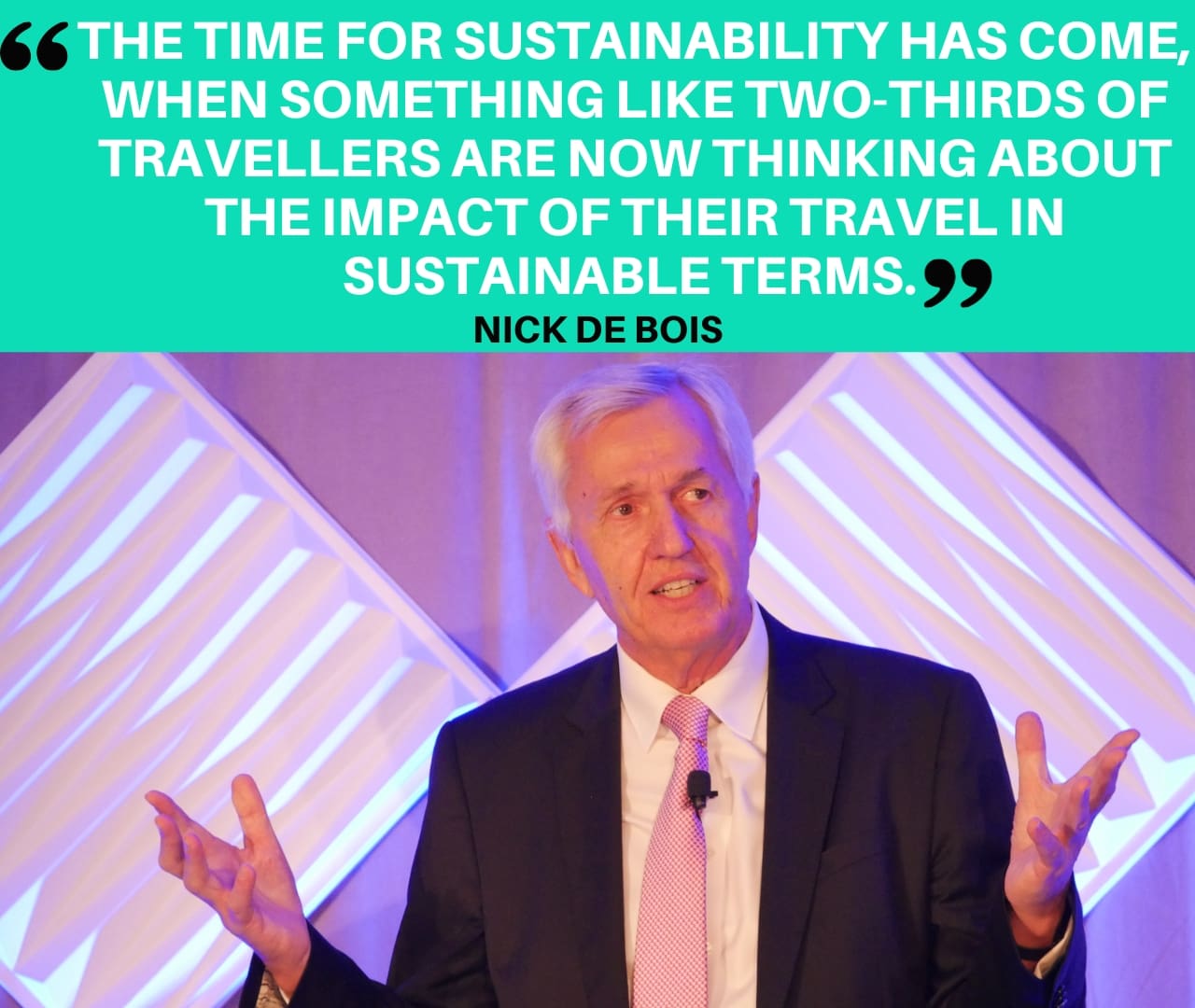
What is government doing now to assist the growth of tourism in Britain?
This current government has a policy of levelling up, and what it wants to do is spread the wealth and get people investing in the regions outside of London and the South East. They do that by issuing grants for tourism projects that these areas have to apply for. Through tourism, you can bring wealth, jobs and social mobility into an area right now, today.
Until now, tourism has not even been considered as the great leveller up. For instance, if I asked a government official, “which is larger, tourism or the motor industry?” the answer would almost certainly be the motor industry. But the fact is that the motor industry employs about 480,000 people, while the tourism industry had about 3 million employees in 2019, including 2.6 million in England alone. So, because it’s not understood well, because it’s very fragmented, my job is to help government understand the tourism economy, because it drives better policies.
Can you discuss how VisitBritain can increase its presence in the Canadian travel trade when the number of travel advisors has been reduced due to pandemic business losses?
The secret to smashing those arrival numbers from Canada (from 944,000 past one million) will be a reflection of how much time we put into building relationships, as well as supporting those relationships. So I recognize that there are a lot of new players, and that a lot of experienced players have left the industry. That knowledge gap can be filled by, for instance, what we’re doing with the series of travel trade workshops in Canada in November.
We will be running those with key tour operators in parts of Canada. We will be filling in the knowledge gaps, explaining more about what the tourism offer is, and promoting the See Britain Differently campaign.
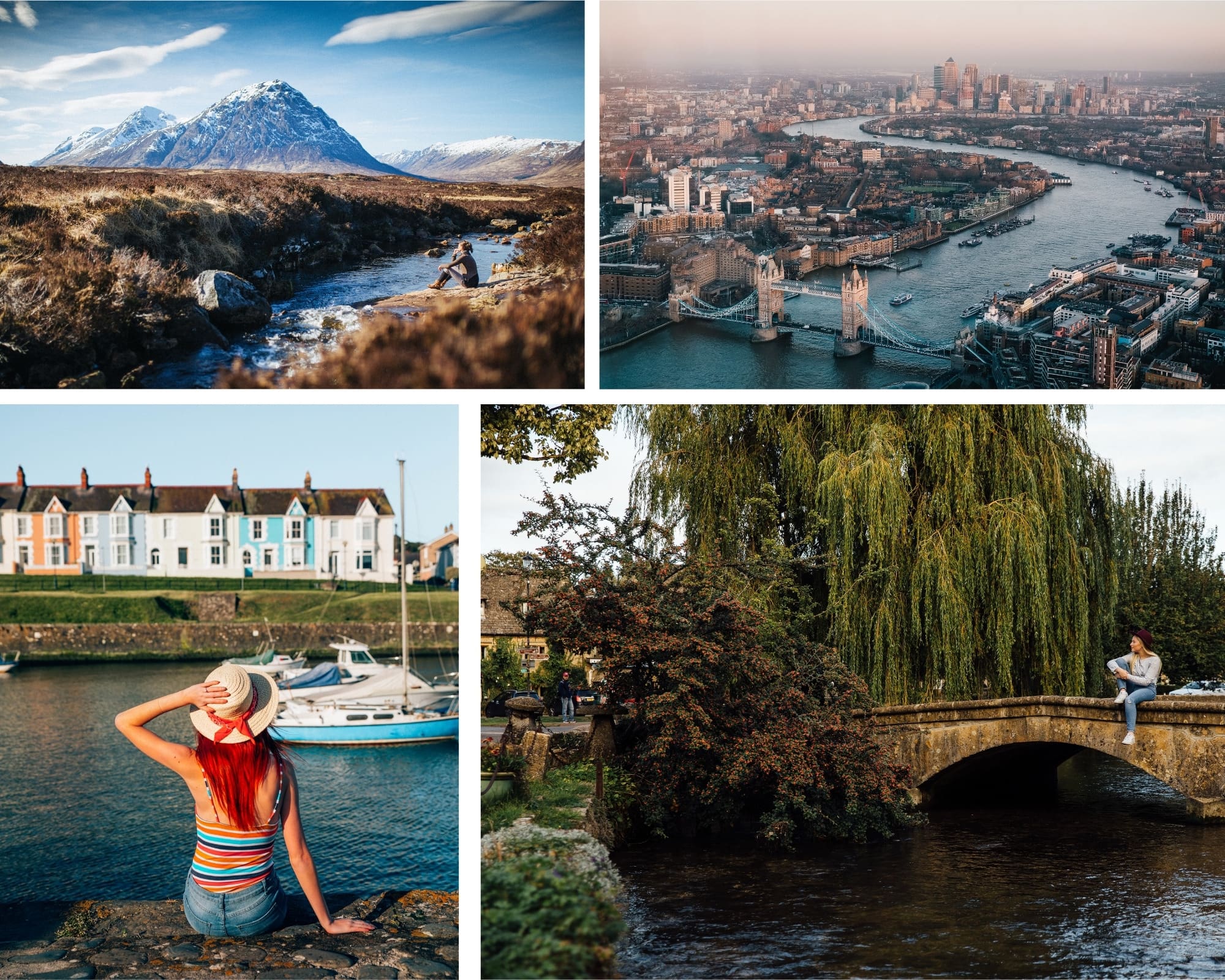
(VisitBritain Canada will operate a set of trade workshops in four cities in Ontario, Nov. 13-16, inviting travel agents to engage with VisitBritain and key tour operators in-market, including tourism officials from VisitWales and VisitScotland. The key objective is to empower and educate the agents to help them improve selling Britain to their clients. The cities are Kingston, Ajax, Barrie and London, with plans to roll out to other places across Canada on later dates.)
You mentioned the process of changing inspiration to conversion, in reference to would-be visitors committing to taking a holiday to Britain. How will that be enacted in Canada?
We will be meeting with travel agents in person, and there will also be many virtual meetings. Who’s going to do the conversion? It’s going to be these guys. And I want to see the hard data that this is actually happening. Our industry is packed with anecdotal information and that’s great. But what we really want is as much real time data as we can get. And we will work with industry partners to constantly bring that data to the fore.
Because that should drive our decision making, so we can respond quickly to changes in consumer behaviour. It’s fascinating because this industry can change really quickly. You don’t get months of warning. We have to be all over that, to tactically respond and shape our own work around what that data says.
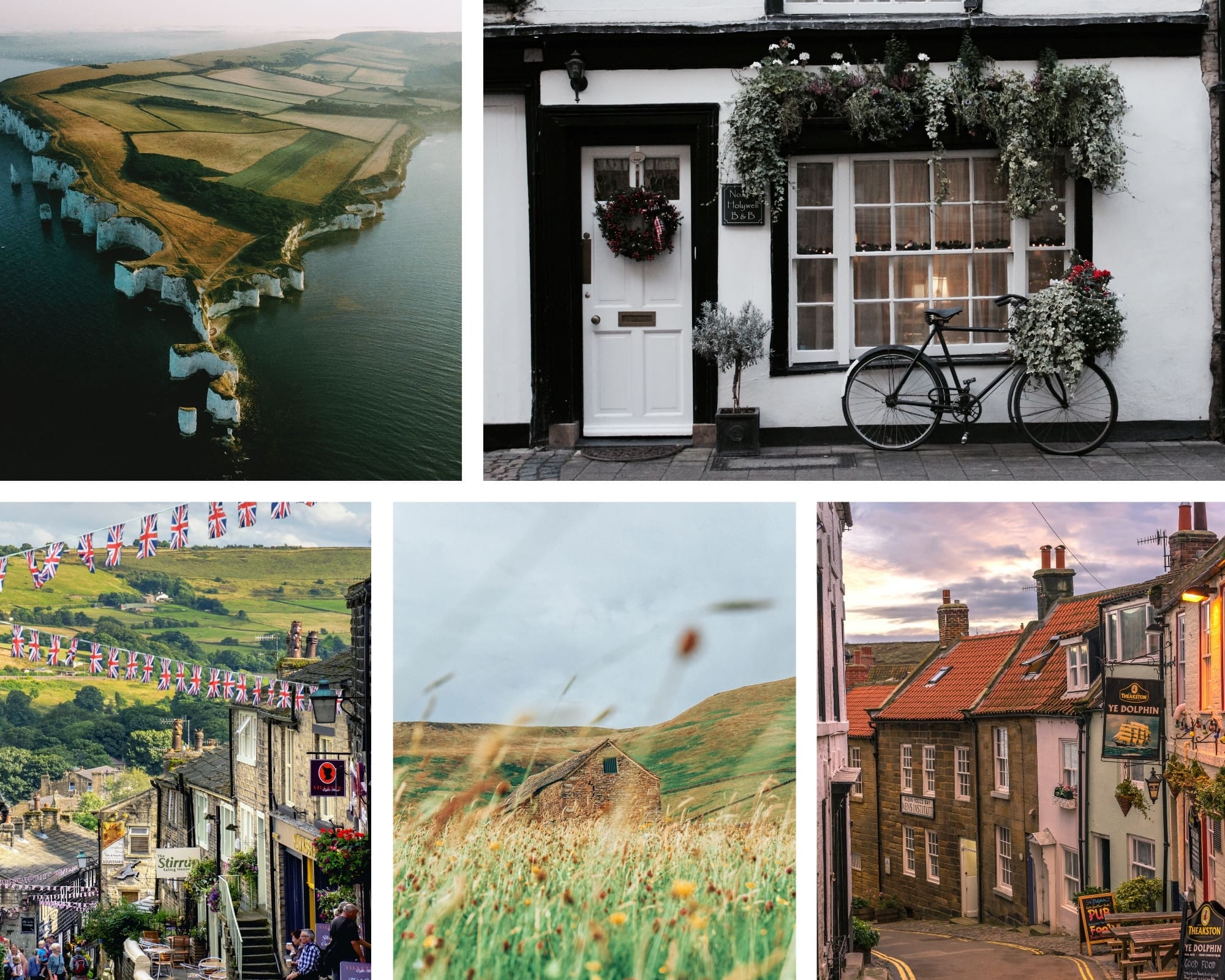
Does Canada’s close relationship with Britain offer a natural advantage to Canadians selling travel to the UK?
I never want to see a hint or sense of complacency creeping into our efforts to win new travellers and expand our growth. But there is no doubt that there is a very unique connection between Canada and the United Kingdom. And of course that is a platform that helps us, you’re pushing a door that is already partially open. There is a real desire to come by many Canadians, and now our job is to convert that intention to actually travelling.
With that demand, there is also still room for people to see things differently in Britain. I mean, a lot of people will think culture, heritage, palaces, history….beautiful stuff that is my first point of call. But when we talk about the proximity of the regions, and the ability to go to those regions in the different parts of the country that previously would not have been done, then this is another opportunity to convert inspiration to commitment.

















